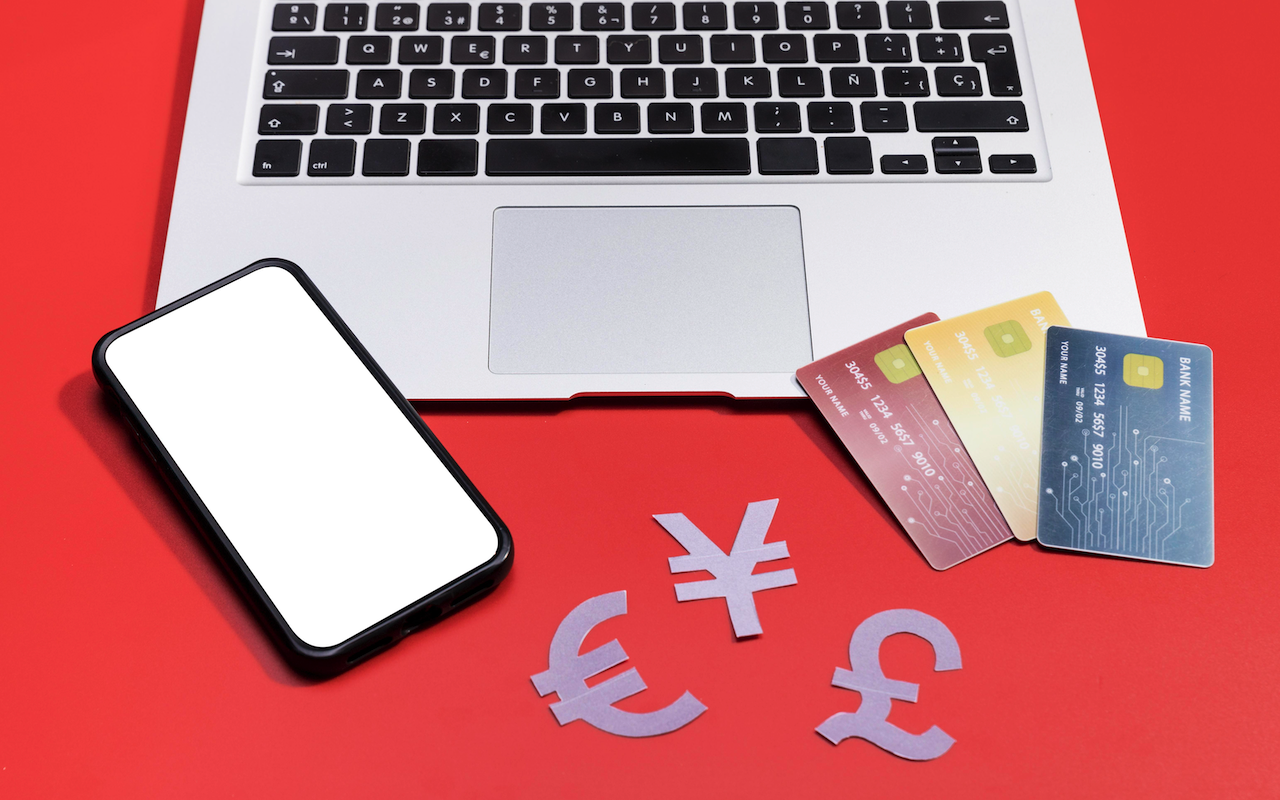
Obtaining an electronic money institution (EMI) license is a key step for fintechs and payment providers looking to operate legally in Europe or the UK. This article explains what an EMI is, why the license matters, how the process works, and the main benefits and challenges involved.
What Is an Electronic Money Institution?
An electronic money institution (EMI) is a regulated financial entity that can issue electronic money, provide payment accounts, and process transactions across Europe and the UK. Unlike banks, EMIs cannot offer loans or take deposits, but they play a central role in the fintech ecosystem by enabling digital wallets, prepaid cards, and cross-border payments.
Their primary role is to facilitate payment services such as:
- Issuing e-money that customers can use for purchases or transfers
- Opening and managing payment accounts
- Executing domestic and international money transfers
- Providing card-based payment instruments, such as debit or prepaid cards
Because EMIs bridge the gap between consumers, merchants, and the broader financial system, they play a vital role in enabling fintech innovation and cross-border commerce. Their regulated status ensures that customer funds are safeguarded, operational risks are controlled, and services meet the high compliance standards set by European and UK authorities.
Regulatory Frameworks: FCA License and E-Money Directive
In the European Union, EMIs are supervised under the E-Money Directive (2009/110/EC) and PSD2, which set standards for licensing, safeguarding, and consumer protection.
In the United Kingdom, oversight is provided by the Financial Conduct Authority (FCA). While the rules are broadly similar to the EU framework, the FCA license process has its own local requirements and procedures.
Both regimes focus on ensuring that EMIs maintain adequate capital, robust governance structures, and strong compliance measures to protect customer funds.
EMI vs PSP: Key Differences
When exploring payment licenses, it’s important to understand the difference between electronic money institutions (EMIs) and payment service providers (PSPs). Both are regulated, but they cover different scopes of activity.
Electronic Money Institutions (EMIs) are authorized to issue electronic money, open and manage customer accounts, and provide a wide range of payment services. They can offer wallets, prepaid cards, and other stored-value products.
Payment Service Providers (PSPs) cannot issue e-money. Their role is limited to processing payments between customers, merchants, and banks. PSPs provide technical infrastructure for payments but do not hold or store funds in the same way EMIs do.
EMIs enjoy broader regulatory permission and flexibility, making them suitable for fintechs aiming to build digital wallets, neobanks, or multi-currency accounts. PSPs are often chosen by businesses that focus on transaction processing and payment acceptance.
How the License Process Works
Getting an electronic money institution license is rarely quick or easy. Regulators want proof that your business can operate responsibly and sustainably. The process can take six to twelve months, sometimes longer. Here’s what it typically involves:
1. Preparation
The journey begins with a deep dive into your business model. Regulators expect a clear, realistic plan that outlines:
- The services you’ll provide (e.g., issuing e-money, wallets, payment transfers)
- How your revenue model works
- A roadmap for compliance with the E-Money Directive and local rules
A detailed business plan and financial projections are non-negotiable. You’ll also need to prepare documents covering governance, IT systems, and risk controls.
2. Capital Requirements
Money talks and regulators want to see that you have enough of it to operate safely. For a small EMI, the minimum capital is €350,000. For a full EMI, requirements are higher and scale with transaction volume. These funds must be readily available, not just pledged or promised. Regulators use this as a buffer to ensure customer funds remain protected.
3. Governance and Compliance
Strong leadership is crucial. Regulators look closely at your directors and key managers, who must demonstrate experience in finance, risk management, or payments. Beyond the team, you’ll need robust internal frameworks for:
- AML and KYC procedures (anti-money laundering, know-your-customer)
- Risk management strategies
- Safeguarding measures, ensuring customer money is always separate from company funds
4. Application Submission
The complete application is submitted to the national regulator in your chosen jurisdiction. In the UK, this means applying for an FCA license. In Europe, each country has its own competent authority, such as BaFin in Germany or the Central Bank of Ireland. Be ready for questions. Regulators often request clarifications or interviews with your leadership team. The process can take several rounds before approval is granted.
5. Approval and Passporting
Once approved, your EMI license allows you to operate in the issuing country. In the EU, you can then extend your services across the entire EEA using passporting rights, a major advantage for scaling.
Conclusion
Getting an electronic money institution license in Europe or the UK takes solid planning, enough capital, and a serious commitment to compliance. Regulators will want to examine every detail of your business model, your leadership team, and how you plan to safeguard customer funds, and that can feel overwhelming at times.
The good news? The payoff is worth it. With an EMI license, fintechs and payment providers can grow with confidence, expand across Europe, earn customer trust, and form stronger partnerships.
And remember, getting the license is just the beginning. Staying compliant, keeping governance strong, and having the right tech in place are what keep everything running smoothly.
Featured Image by Freepik.
Share this post
Leave a comment
All comments are moderated. Spammy and bot submitted comments are deleted. Please submit the comments that are helpful to others, and we'll approve your comments. A comment that includes outbound link will only be approved if the content is relevant to the topic, and has some value to our readers.

Comments (0)
No comment